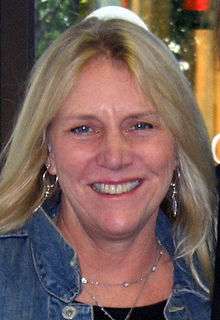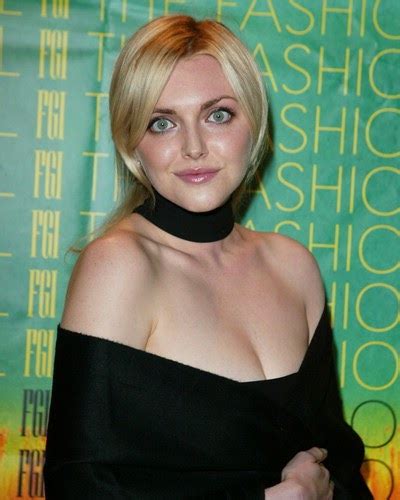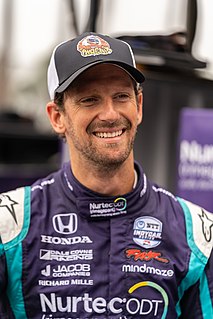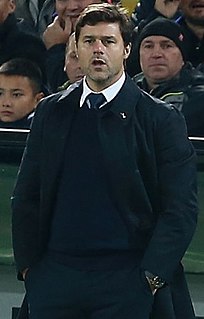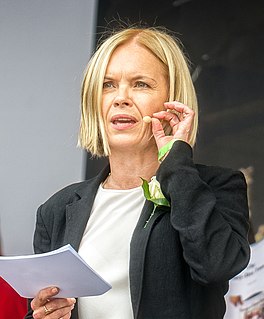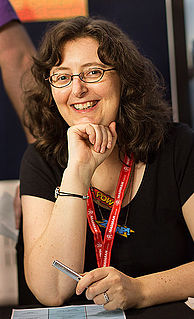A Quote by Pegi Young
I am lucky in that my children are grown, my youngest is twenty-seven. I didn't have the conflict between artist and mother while they were young because I really focused in, very much, on the mothering aspect.
Related Quotes
Basically, I realized I was living in that awful stage of life between twenty-six to and thirty-seven known as stupidity. It's when you don't know anything, not even as much as you did when you were younger, and you don't even have a philosophy about all the things you don't know, the way you did when you were twenty or would again when you were thirty-eight.
Much is made of the accelerating brutality of young people's crimes, but rarely does our concern for dangerous children translateinto concern for children in danger. We fail to make the connection between the use of force on children themselves, and violent antisocial behavior, or the connection between watching father batter mother and the child deducing a link between violence and masculinity.
I specially want to have young women not to wait as I did until my children were grown, but young women to come in to gain their seniority so they could be respected leaders at a much earlier age. It's important for all women to see young women who share their experience whether it's as a working mom with young children, who understands the struggle and the aspirations of young women in a similar situation. And if they don't have family and they're pursuing their career women should see that as well.
When I was very young, I started to make friends with much, much older people. So when I was twenty, my friends were fifty, and I never really went through forty because I would watch them die and I would feel younger. So you make friends with older people and you will always feel young no matter what.
It just struck me as really odd that there were all of these conversations going on about what young women were up to. Were young women having too much sex? Were young women politically apathetic? Are young women socially engaged or not? And whenever these conversations were happening, they were mostly happening by older women and by older feminists. And maybe there would be a younger woman quoted every once in a while, but we weren't really a central part of that conversation. We weren't really being allowed to speak on our own behalf.
